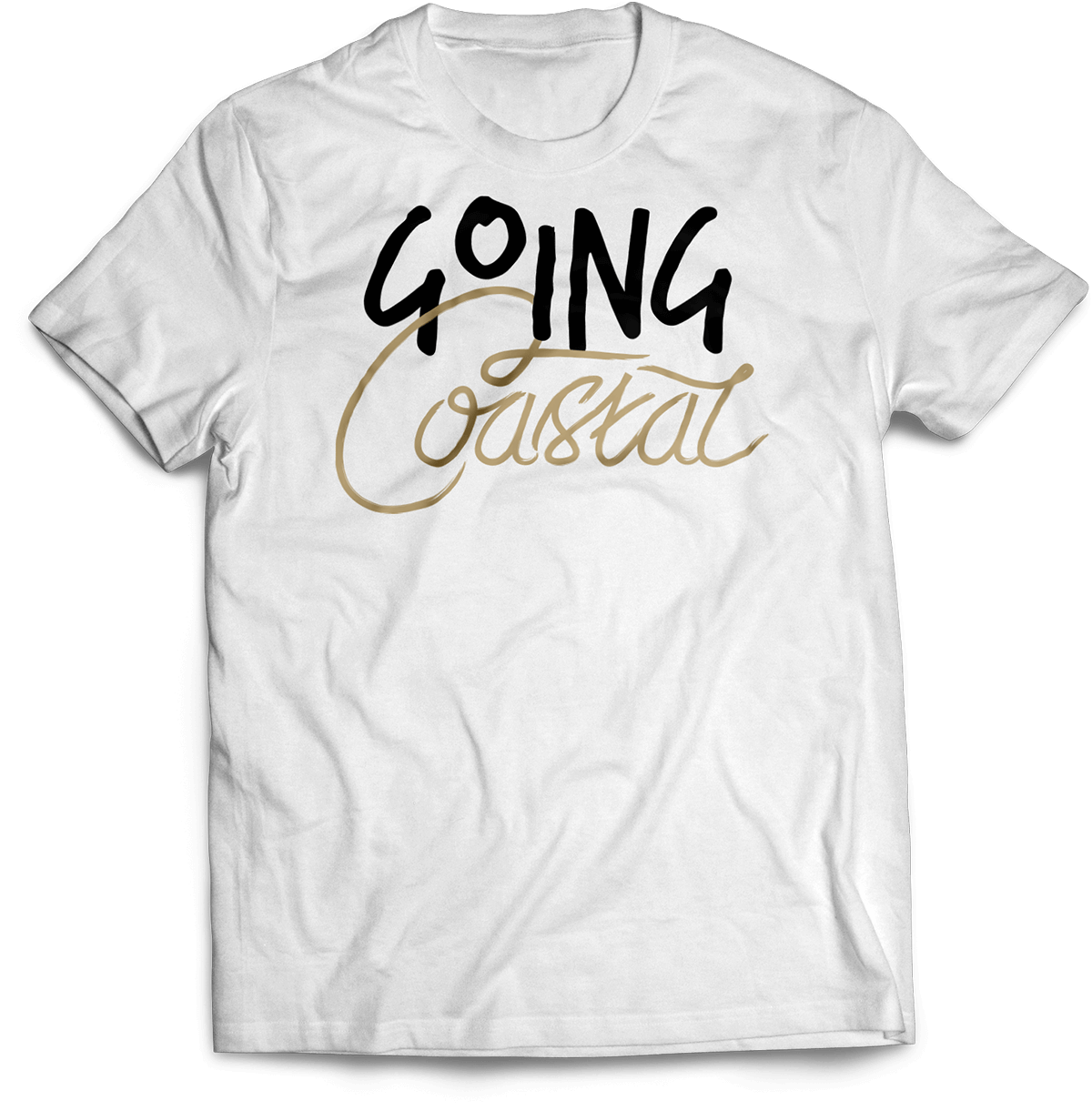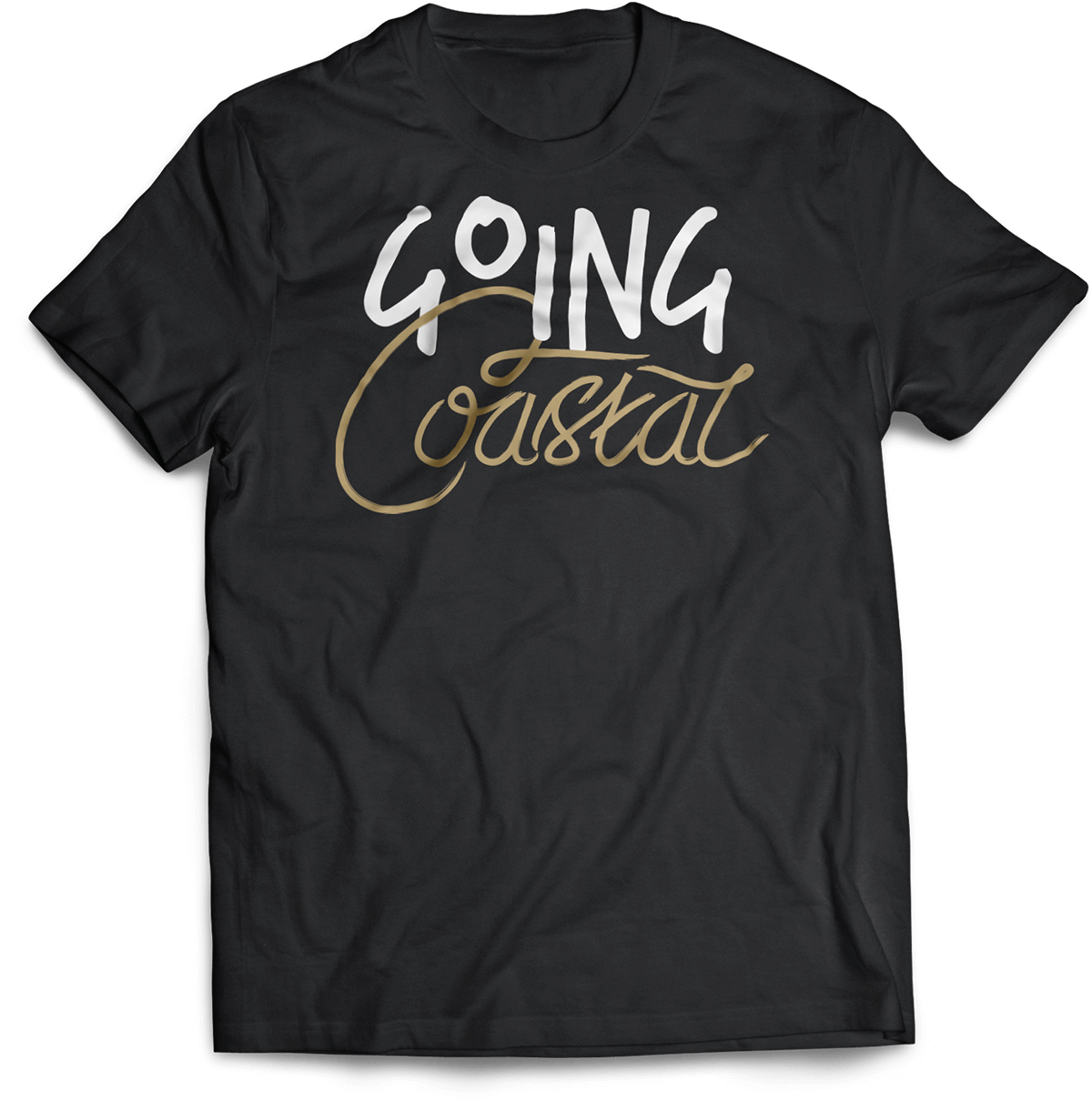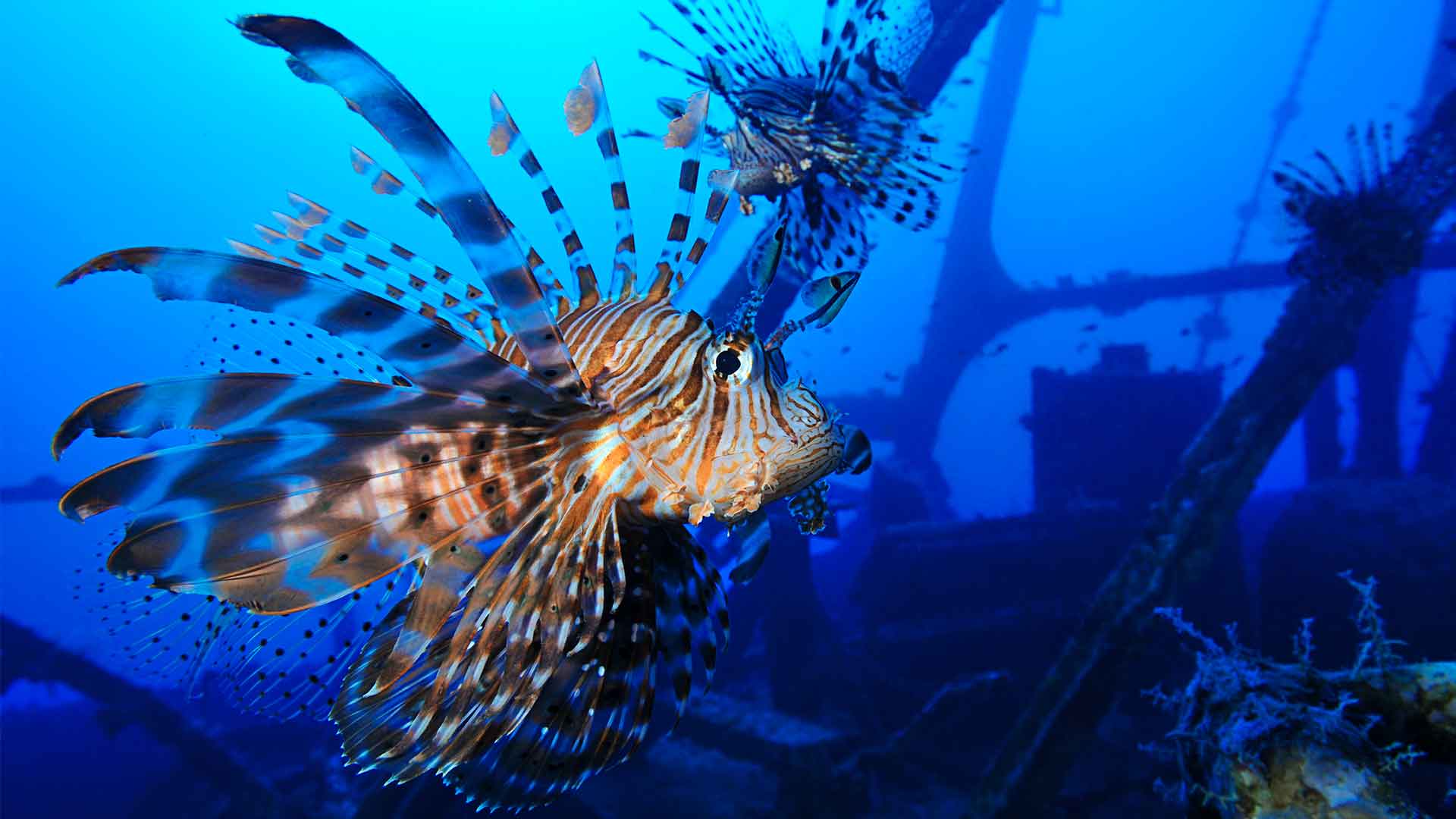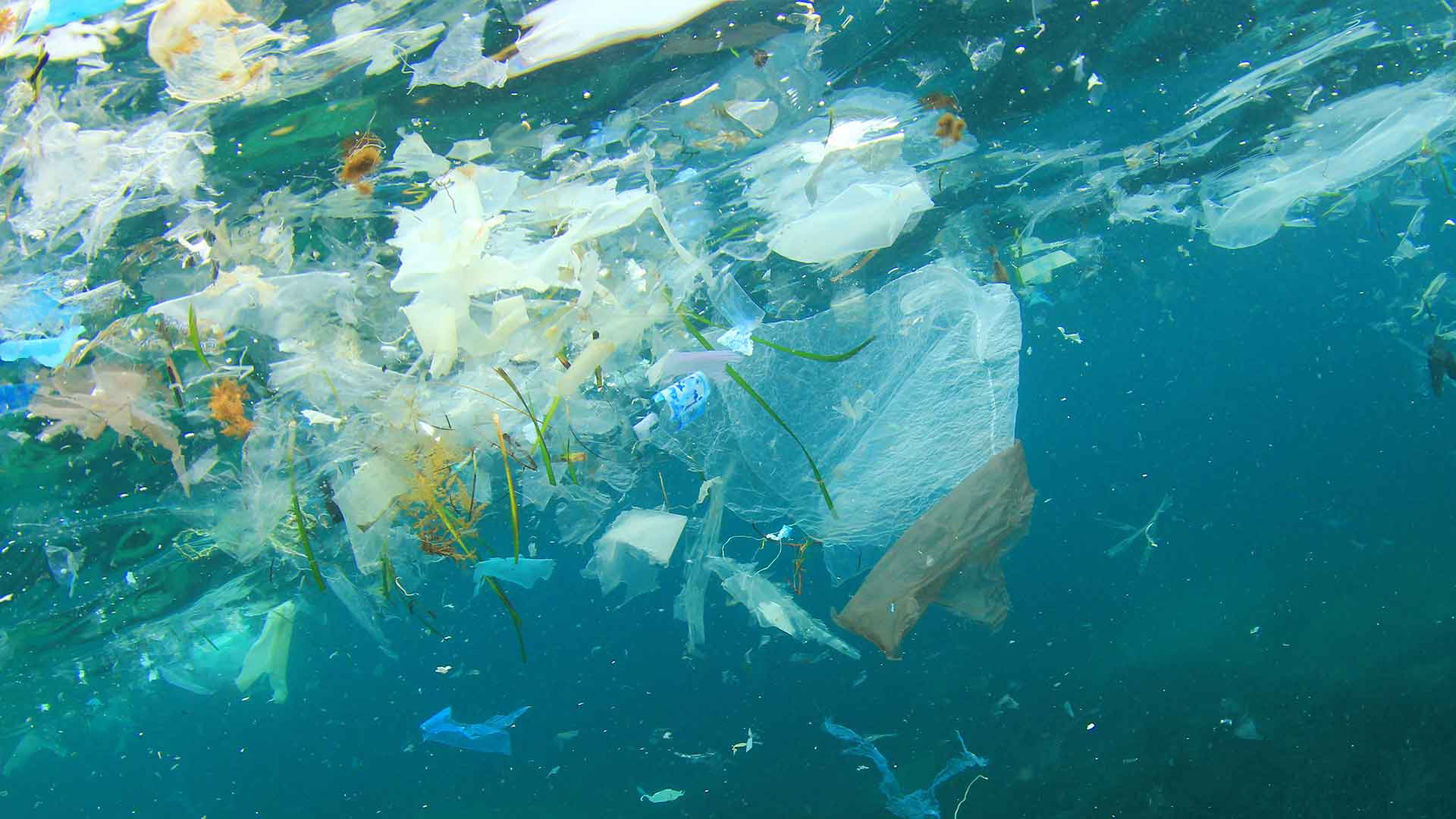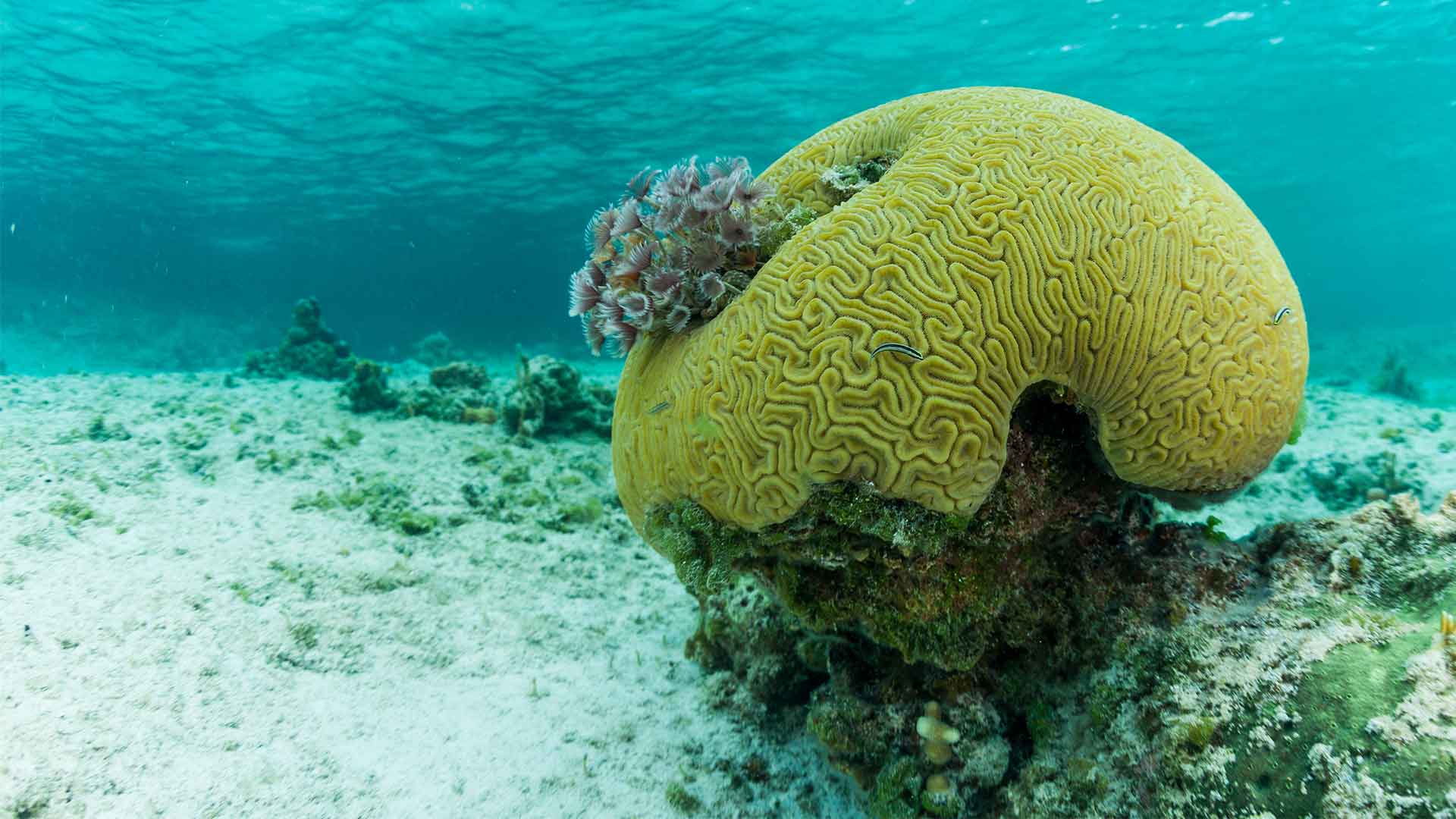
Coral devastation in the Pacific & Indian Oceans – Coral Triangle Day
Coral reefs support a variety of life. Often referred to as the “rainforests of the sea”, their diverse underwater ecosystems are home to 25% of all marine life on the planet. A coral reef’s biodiversity has a multitude of benefits that are sadly, without urgent action, slowly disappearing.
Today, for #CoralTriangleDay we want to shed light on the devastation caused to our coral reefs, particularly in the Pacific and Indian Oceans, where its existence and ability to repair itself has been catastrophically threatened. Help us raise awareness and learn how you can help.
Follow Coral Triangle Day on YouTube
The issue
When you think of snorkelling, do you imagine colourful coral, lively fish and crystal clear waters? A beautifully complex ecosystem, coral reefs boast an incredible display of biodiversity found nowhere else on this planet. Composed of vibrant living coral on top of dead coral dating back thousands of years, it is the perfect window into the ocean’s circle of marine life. But with global warming posing an ever-increasing threat to the existence of coral reefs, marine biologists and scientists believe that places like the Great Barrier Reef are now “terminally ill” from coral bleaching. And, according to some, nearly all coral reefs worldwide will be threatened with death by 2050.
“If coral reefs are the rainforests of the seas, then the Coral Triangle is the underwater equivalent of the Amazon.”
The Coral Triangle, home to 76% of all known coral species, 3,000 species of fish, and all but one of the world’s seven marine turtle species, is facing large-scale threats which include extensive and unsustainable coastal development, destructive fishing, overfishing, careless tourism and climate change, among many others. Nearly 60% of the world’s coral reefs are threatened by human activity and because of our blatant disregard over the last 30 years, we’ve lost 50% of corals globally.
Thankfully, this rich marine environment still has a chance of recovery. Dave Vaughan, executive director at MOTE, the Marine Laboratory based in Sarasota, Florida has found a way to breed coral 25 times faster than they would in the wild. Known as micro-fragmenting, Vaughan has developed a technique that could rapidly restore the dwindling population of healthy coral reefs. Other marine biologists have started up initiatives, like 50 Reefs, which aims to rapidly bolster existing coral reef conservation efforts globally by sparking new, targeted action plans and investment in key areas. Ove Hoegh-Guldberg, director of the Global Change Institute, started the programme after researching coral reefs for 10 years.
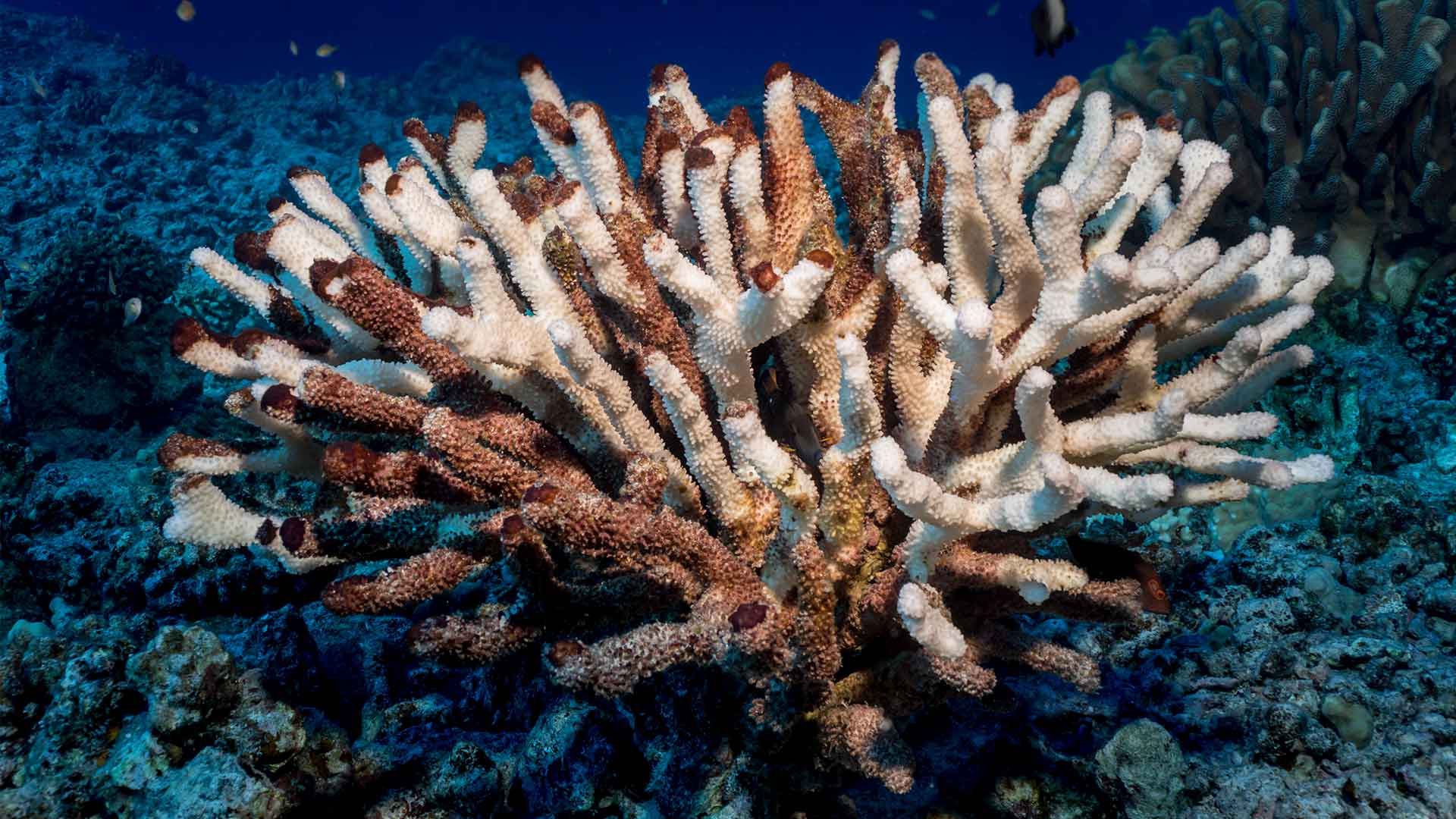
Hoegh-Guldberg says the oceans are the earth’s heart and lungs, as they produce half the world’s oxygen and absorb 30% of manmade CO2. Worryingly, he predicts that: “We are well on the way to the next great extinction event.” Thankfully, the world’s scientists and marine biologists are on the case. Other eco-warriors like Ruth Gates, principal investigator at Gates Coral Lab, are trying to breed coral that can better withstand the earth’s rising temperatures. With everything we do connected to the ocean, we need to facilitate the coral’s rehabilitation from the threats to which it’s been exposed.
How you can help
We all want to share in the beauty of places like the Great Barrier Reef’s remarkable diversity and allure, but without taking a proactive part in protecting it, we are threatening its resilience. Before the acceleration of climate change added to its problems, poor water quality, coastal development and uncontrolled fishing were the main causes of the destruction and degeneration of a reef. Now the damage is done and we need to stop our ecological footprint doing further damage.
Luckily, there are some simple ways we can stop any further devastation to our world’s largest collection of coral reefs. From using water consciously, reducing run-off water pollution and general energy and plastic pollution, to supporting the eco-market and volunteering with initiatives we can make a difference. For Coral Triangle Day, WWF have teamed up with the initiative to put together an instagram competition that encourages us to say to NO to plastic. Use the hashtag #SayNo2Plastic and post a creative photo of either a pointless single-use plastic product or the personal changes you are making, to help reduce ocean plastic pollution. Get involved and help spread the love this Coral Triangle Day.
